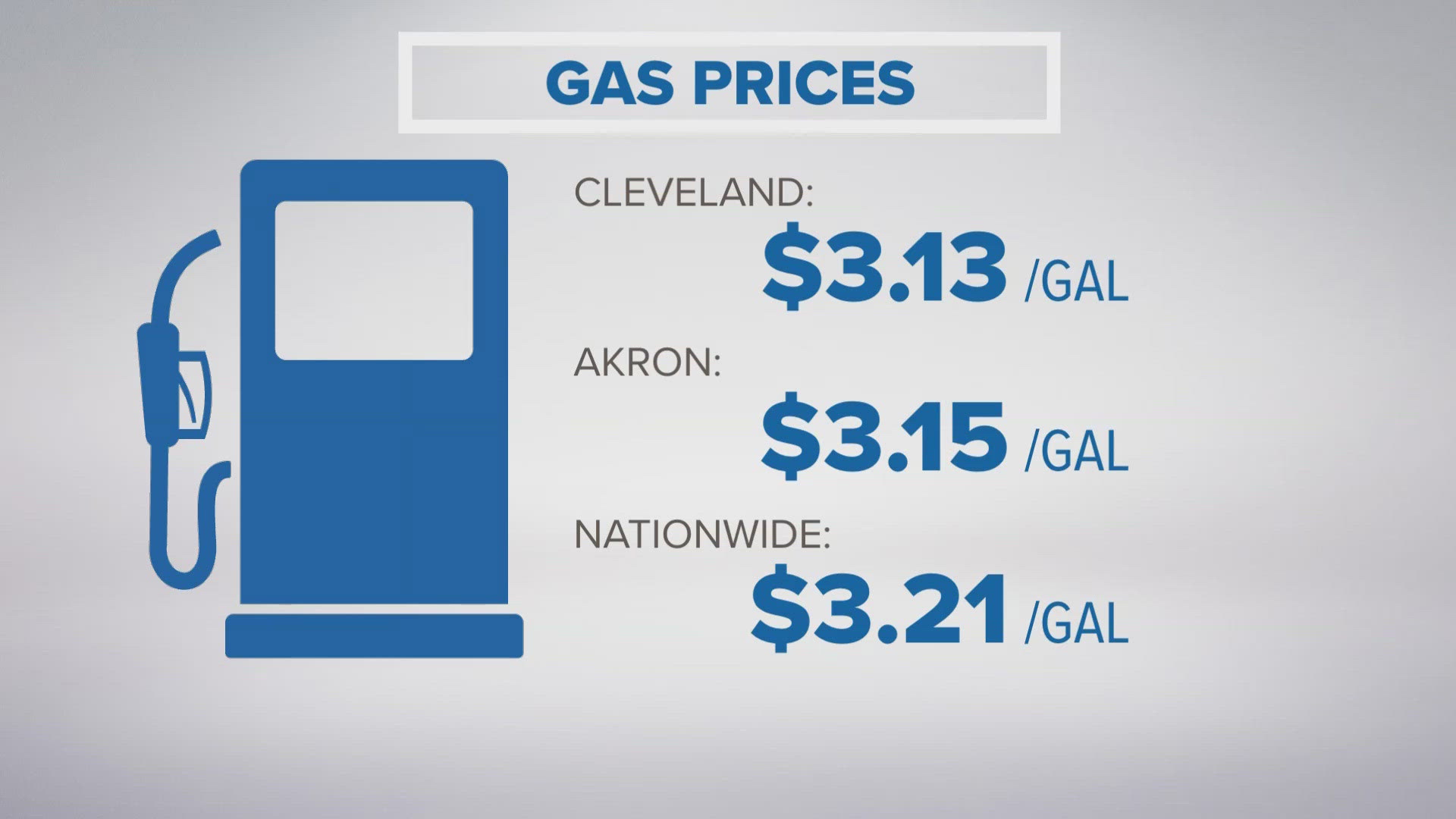Resistance Mounts: Car Dealers Renew Opposition To Electric Vehicle Requirements

Table of Contents
Economic Concerns Fueling Dealer Opposition
The transition to an electric vehicle-centric market presents significant economic anxieties for car dealerships. The high upfront investment required to adapt to this new reality poses a substantial financial burden. This isn't simply a matter of stocking a few new models; it demands a complete overhaul of existing infrastructure and operational models.
-
High upfront investment in EV infrastructure: Installing charging stations, acquiring specialized tools for EV maintenance, and upgrading service bays represent a considerable capital expenditure that many dealerships struggle to justify. This is particularly challenging for smaller, independent dealerships with limited financial resources. The economic impact on these businesses could be devastating.
-
Uncertainty surrounding EV maintenance profitability: Electric vehicles have fewer moving parts than internal combustion engine (ICE) vehicles, potentially leading to reduced maintenance needs and, consequently, lower service revenue for dealerships. The long-term profitability of EV servicing remains uncertain, adding to the financial concerns.
-
Potential job losses due to decreased service needs: The simpler mechanics of EVs could result in a reduction in the demand for skilled labor in dealerships' service departments, leading to potential job losses or the need for retraining programs. This is a significant concern for both dealerships and their employees.
-
Concerns about reduced profit margins on EVs compared to ICE vehicles: Dealerships often report lower profit margins on EVs compared to gasoline-powered vehicles, which adds another layer of complexity to their economic concerns. This is partly due to the higher upfront costs and potentially lower service revenue.
The lack of substantial government support or tailored incentives to offset these costs for dealerships further exacerbates the situation. Without adequate financial assistance, many dealerships may find it challenging to make the necessary investments to successfully integrate EVs into their business models. The economic impact of these factors is a key driver of the resistance to EV mandates.
Challenges in EV Sales and Consumer Adoption
Beyond economic concerns, car dealerships also face considerable challenges in effectively selling and servicing EVs. Consumer hesitancy remains a major hurdle, with many potential buyers still grappling with range anxiety and concerns about charging infrastructure availability.
-
Consumer hesitancy regarding range anxiety and charging infrastructure: The limited range of some EVs and the lack of widespread, reliable public charging networks remain significant barriers to consumer adoption. Addressing these concerns requires a concerted effort to expand the charging infrastructure and improve EV battery technology.
-
Lack of consumer awareness about EV benefits and incentives: Many consumers remain unaware of the environmental benefits, financial incentives (tax credits, rebates), and technological advancements associated with EVs. Effective consumer education campaigns are crucial to overcome this knowledge gap.
-
Difficulties in educating sales staff on EV technology and features: Dealership sales staff require thorough training to effectively communicate the benefits and features of EVs to potential buyers. A lack of adequate training can hinder sales and negatively impact consumer experience.
-
Limited EV model selection compared to gasoline vehicles: The current range of available EV models is still limited compared to the diversity of gasoline-powered vehicles. Expanding the selection of EVs to cater to a wider range of consumer preferences is essential for boosting sales.
Improving consumer confidence and fostering wider adoption requires a multi-pronged approach involving more robust consumer education campaigns, a significant expansion of charging networks, and a wider variety of EV models available at dealerships.
The Political Landscape and Lobbying Efforts
The opposition to EV mandates is not just an economic issue; it's also deeply intertwined with the political landscape. Car dealer associations have actively engaged in political lobbying efforts to oppose or delay the implementation of stricter EV regulations.
-
Lobbying efforts targeting state and federal legislators: Dealer associations are actively lobbying state and federal legislators to weaken or delay the implementation of EV mandates, arguing that the economic burden is too high and the transition is happening too quickly.
-
Legal challenges to EV regulations: In some cases, dealer associations have launched legal challenges to contest the legality or fairness of EV regulations. This legal maneuvering adds another layer of complexity to the issue.
-
Public relations campaigns to sway public opinion: Dealerships have also engaged in public relations campaigns aimed at shaping public perception of EV mandates, often highlighting the potential negative economic consequences.
-
Alliances with other industry groups opposing stricter environmental regulations: Dealer associations often collaborate with other industry groups that oppose stricter environmental regulations, strengthening their political influence and lobbying power.
The political influence of these lobbying groups is undeniable, and their actions have a significant impact on policy decisions related to EV mandates. Understanding the political dynamics is crucial to comprehending the resistance to the electric vehicle transition.
Alternative Solutions and Compromises
Finding a solution that balances environmental goals with the legitimate economic concerns of car dealerships requires a willingness to explore compromise and collaboration. Several strategies could help alleviate the tensions and pave the way for a smoother transition.
-
Phased implementation of EV mandates: A gradual phasing in of stricter EV mandates would allow dealerships time to adapt their infrastructure and business models, reducing the immediate economic shock.
-
Government subsidies and incentives for dealerships to invest in EV infrastructure: Providing financial support to dealerships to help them cover the costs of upgrading their facilities and training their staff would encourage faster adoption of EVs.
-
Training programs for dealership staff on EV sales and maintenance: Government-funded or industry-led training programs would equip dealership personnel with the necessary skills to effectively sell and service EVs.
-
Support for the development of a robust used EV market: Creating a robust market for used EVs would improve affordability and accessibility for consumers, stimulating demand and reducing the initial investment required by consumers.
By exploring these alternative solutions, it is possible to address the legitimate concerns of the industry while still progressing toward a cleaner and more sustainable transportation future.
Conclusion: Navigating the Resistance to Electric Vehicle Requirements
The opposition to electric vehicle requirements from car dealerships stems from a complex interplay of economic concerns, challenges in EV sales and consumer adoption, and significant political lobbying efforts. The financial burden of adapting to the EV transition, uncertainties about profitability, and the potential for job losses are all legitimate concerns that need to be addressed. However, ignoring these concerns isn't an option. A successful transition to electric vehicles requires a collaborative approach that finds solutions that balance environmental sustainability with the economic realities faced by car dealerships. We must encourage dialogue and the development of comprehensive strategies, such as those suggested above, to ensure a smooth and equitable electric vehicle transition. Let's work together to find solutions for EV mandates that benefit both the environment and the automotive industry, leading to faster and wider EV adoption strategies. Learn more about electric vehicle policies and support environmentally responsible initiatives to accelerate the movement towards a cleaner transportation future.

Featured Posts
-
 The Pursuit Of A New Trans Australia Run World Record
May 22, 2025
The Pursuit Of A New Trans Australia Run World Record
May 22, 2025 -
 Used Car Dealership Fire Crews On Scene
May 22, 2025
Used Car Dealership Fire Crews On Scene
May 22, 2025 -
 Costcos Saskatchewan Campaign A Political Panel Analysis
May 22, 2025
Costcos Saskatchewan Campaign A Political Panel Analysis
May 22, 2025 -
 Dexter Resurrection Adds Another Popular Villain To The Mix
May 22, 2025
Dexter Resurrection Adds Another Popular Villain To The Mix
May 22, 2025 -
 French Skies Illuminated Analyzing The Mysterious Red Light Flashes
May 22, 2025
French Skies Illuminated Analyzing The Mysterious Red Light Flashes
May 22, 2025
Latest Posts
-
 Akron And Cleveland Gas Prices Why The Recent Spike Ohio Gas Buddy Updates
May 22, 2025
Akron And Cleveland Gas Prices Why The Recent Spike Ohio Gas Buddy Updates
May 22, 2025 -
 Recent Lancaster City Stabbing Prompts Increased Police Patrols
May 22, 2025
Recent Lancaster City Stabbing Prompts Increased Police Patrols
May 22, 2025 -
 Why Are Gas Prices So High In Southeast Wisconsin
May 22, 2025
Why Are Gas Prices So High In Southeast Wisconsin
May 22, 2025 -
 Lancaster City Stabbing Incident Victim Information And Police Appeal
May 22, 2025
Lancaster City Stabbing Incident Victim Information And Police Appeal
May 22, 2025 -
 Recent Increase In Gas Prices Southeast Wisconsin
May 22, 2025
Recent Increase In Gas Prices Southeast Wisconsin
May 22, 2025
